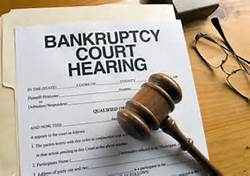SD FL Confirms Communications Sent Only to Debtor’s Counsel Not Actionable Under FDCPA
In Maignan v. Seterus, Inc., No. 14-CV-22488 (S.D. Fla. Feb. 11, 2015), the United States District Court for the Southern District of Florida found that an allegedly deceptive communication to a plaintiff’s attorney, as opposed to the plaintiff himself, is not actionable under either the federal Fair Debt Collection Practices Act (FDCPA) or its state counterpart, the Florida Consumer Collection Practices Act (FCCPA).
The action was dismissed with prejudice a borrower’s action under both the federal Fair Debt Collection Practices Act, 15 U.S.C. §§ 1692(e)(2) and (f)(1) (“FDCPA”) and the Florida Consumer Collection Practices Act, Fla. Stat. § 559.72(9) (“FCCPA”), confirming that communications directly solely to a debtor’s attorney are not actionable.
The Eleventh Circuit’s “least sophisticated consumer” test, a communication might violate the FDCPA if the language used by the debt collector tends to mislead the least sophisticated recipients of a debt collector’s letters and telephone calls does not apply to attorneys for borrower.
Order and Opinion (11Feb15) – Dismissal w Prejudice
Carol A. Lawson, Esq., 28870 U.S. Hwy19 #300, Hodusa Towers, Clearwater, FL 33761 Phone: (727) 410-2705; email: calh@gate.net









